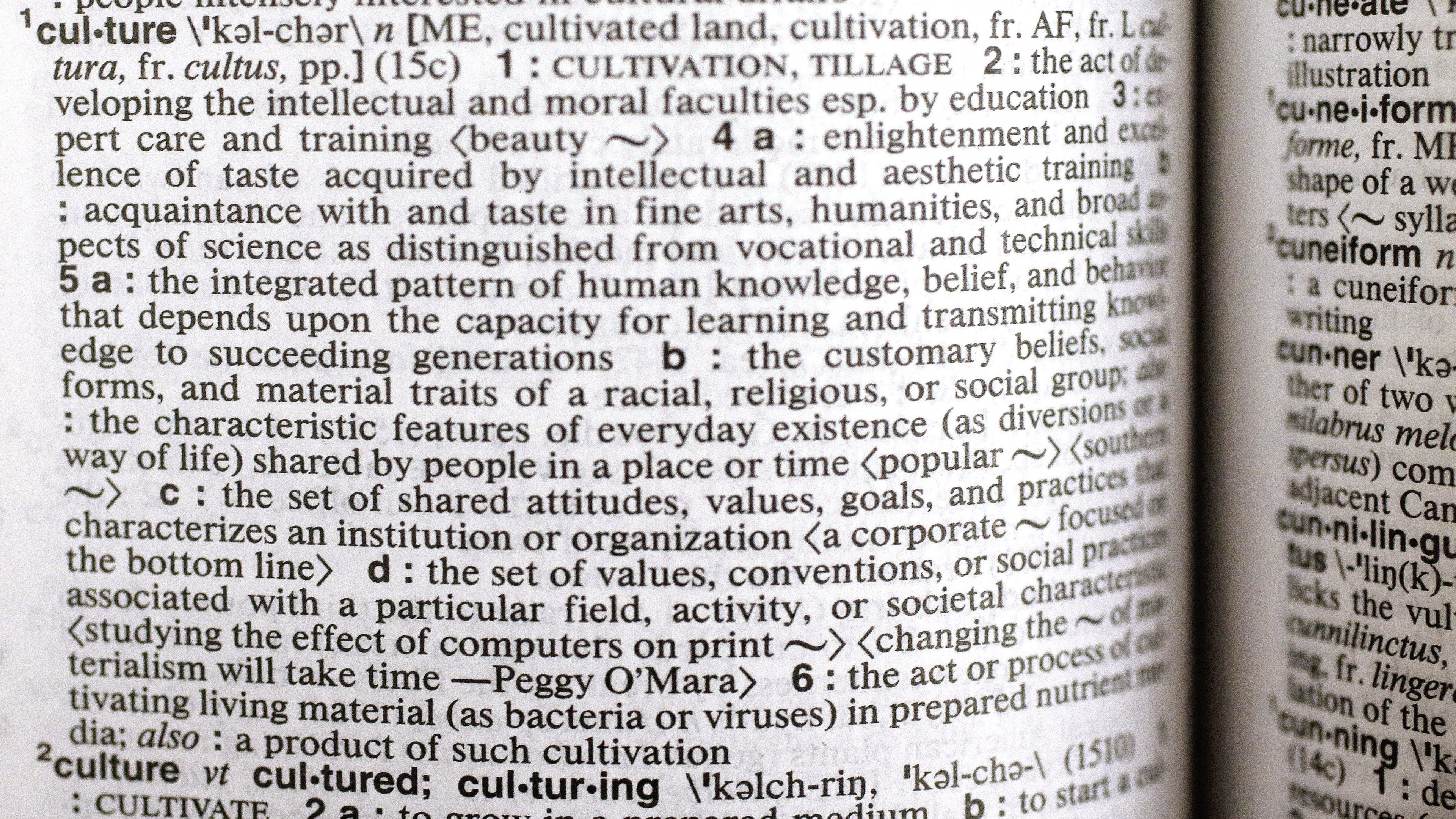Just when you thought 2016 couldn’t get any worse, Dictionary.com has named its word of the year as “xenophobia”. It really is the depressing icing on top of the cake.
The site said the word was chosen because “some of the most prominent news stories this year have centred on fear of the ‘other’ – the Brexit vote, police shootings, Syria’s refugee crisis, transsexual rights, and the US presidential race”.
Sad GIF – Find & Share on GIPHY
Dictionary.com’s primary definition of xenophobia is “fear or hatred of foreigners, people from different cultures, or strangers”. It can also refer to a “fear or dislike of the customs, dress, etc of people who are culturally different from oneself”.
It comes from two Greek words: “xenos” meaning “stranger, guest” and “phobos” meaning “fear, panic”.
The largest spike in look-ups for xenophobia perhaps unsurprisingly fell on June 24, the day after the UK voted to leave the EU. Around the same time the site saw an increase in searches for “hate crime” – a saddening phenomenon in our post-Brexit world.

The second largest spike in searches for xenophobia came days later on June 29, when US President Barack Obama gave a speech saying that Donald Trump’s political rhetoric was an example of “nativism or xenophobia”.
Other world events, particularly Syria’s refugee crisis, have also done much to bring the word to the front of our consciousness.

“Xenophobia and other words tied to global news and political rhetoric reflected the worldwide interest in the unfortunate rise of fear of otherness in 2016, making it the clear choice for Word of the Year,” said the chief executive of Dictionary.com, Liz McMillan.
“While we can never know the exact reasons why xenophobia trended in our look-ups this year, this reflects a desire in our users to understand the significant discourse surrounding global events.”
“Dictionary.com is right to make xenophobia the word of the year, but it is also one of the biggest threats we face,” said Robert Reich, Professor at Berkeley’s Goldman School of Public Policy. “It is not a word to be celebrated. It is a sentiment to be fought.”










